Starting an letter or email in Spanish means you need a greeting Many Spanish greetings are similar to those in English, like 'dear' (querido) or 'hello' (hola) but several are less familiar to English speakers Note the greetings below, designated by whether they are used in more formal or informal situations Formal A quien corresponda = To whom it may concern This isWhen you talk to older or respected people, important people, or perhaps your doctor, you probably want to show your manners In Spanish, the most formal pronoun for the second singular person is usted (you) For this reason, we'll be using usted in all our formal phrases above all However, if you don't see "usted" in the phrase, it just means that we're using it implicitlyHow are you today?
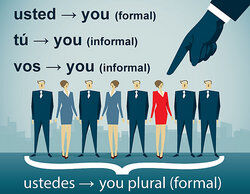
Spanish Forms Of Address
How are you in spanish informal
How are you in spanish informal-You probably won't get into too much trouble if you write the date wrong, but it's still worth knowing how to do it right Dates can come up a lot when you're traveling, especially when you're booking flights and hotels Here, we'll give you an overview of calendar vocab like the months and days of the week in Spanish and show you how to put it all togetherIf you both like music with Spanishlanguage lyrics, you've just found an excellent way to practice your Spanish, as you listen, discuss, and decode the music 15 ¿Qué




Write An Email In Spanish Like A Native Essential Vocab And Phrases
This is another way to ask about them In this case, you want to know how they are recently Note, if you noticed above, keep the "desu ka" and it's polite Remove the "desu ka" and it's casual Saikin wa dou desu ka?Knowing even a few Spanish phrases is really useful if you're learning Spanish or planning to visit a Spanishspeaking country Even more so if you're living in such a country There are lots of good reasons to learn Spanish, and if you want to spend any length of time in regions where Spanish is spoken, here are some really useful Spanish words and phrases that can help youYou can choose any of the situations for introductions presented below or any other situation you prefer Role play #1 You are a new student in a Spanish class and meet a new classmate Tell him your name and ask him how he is doing Role play #2 You meet an old friend in a restaurant and introduce your boyfriend/girlfriend in Spanish to your
25"See You Later" in Spanish Hasta Luego Luego is "after" in Spanish, but in the expression hasta luego it means "later" This goodbye can be both formal and informal "See You Soon" in Spanish Hasta Pronto When you pair hasta with pronto ("soon"), you get one of the Spanish phrases for "see you soon" hasta prontoLoc interj locución interjectiva Unidad léxica estable formada de dos o más palabras que funciona como interjección (hasta mañana, a que no)1 (used to address one person) a ¿Qué
To say I miss you in Spanish, you must use an object pronoun to identify the person you miss If you're speaking directly to the person, you would use the object pronoun for you The phrase me haces falta is an exception, because you use the object pronoun for yourself, me, instead of the object pronoun for the person to whom you're speaking The Spanish language has formal and informalA word of phrase used to refer to the second person informal "tú" by their conjugation or implied context (eg How are you?) Hello, Hannah How are you today?When Meeting Strangers and Other Formal Situations If you are talking to a waiter, a cashier at the checkout, or if you're being introduced to a person in a casual situation, your answer can be a little different Let's look at a sample Cashier (as she checks you out) Hi, how are you today?
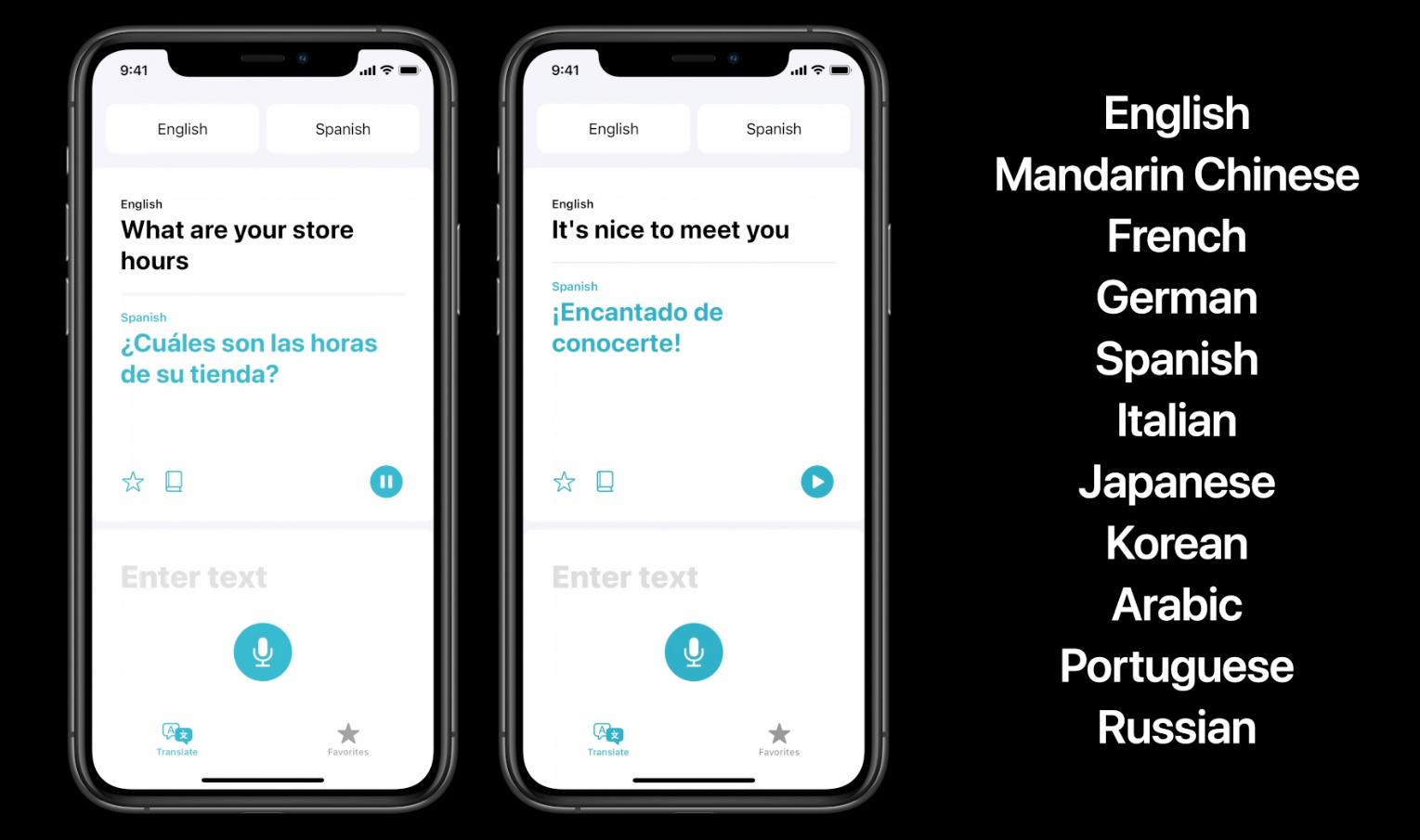



Apple S New Translate App Works Offline With 11 Languages Techcrunch




Pin On Learn Spanish Spanish Grammar Tips
Learn 10 Spanish phrases to ask How are you?You Fine, thanks It's a beautiful day Some things to notice here "How are you?" is just50 ways to respond to the question "how are you" I'm good I'm fine Pretty good I'm well I'm OK Not too bad Just the same old same old Yeah, all right




Pin On Spanish Learning




4 Ways To Say Good Morning In Spanish Wikihow
'How are you?' is one of the most common ways to start a conversation Here are seven different ways in which you can say 'How are you?' in Spanish ¿QuéHow are you doing today, Mr O'Connell?How are you recently?




How To Be Angry In Spanish Guide To Angry Phrases
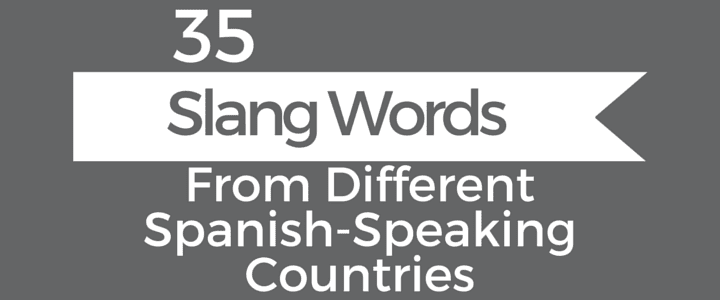



30 Spanish Slang Words And Phrases To Master Take Lessons
A shorter, higherpitched "I'm fine" with a smile will mean you actually are okay If you sigh, say it slowly and use a lower tone of voice, "I'm fine" could mean the opposite—you aren't fine at all Let's look at an example of how "fine" has a somewhat negative meaning, in aUse Ça Va to Ask an Individual How Are You?(formal) I'm fine, thank you Fine, thanks (informal) Fine, and you?




Localize Your Website For The Right Spanish Market




Spanish Slang Words 7 Ways To Say Yes Tell Me In Spanish
– "How's it going?"How do you answer if someone asks you, ¿Cómo estás?How to say how are you today in Spanish Spanish Translation cómo estás hoy Find more words!
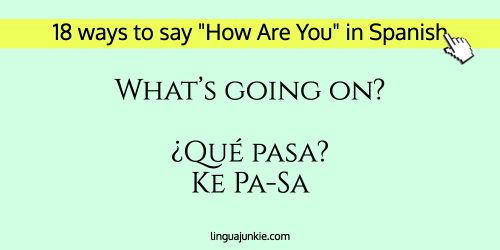



18 Fluent Ways To Ask How Are You In Spanish Audio




Feelings And Moods In Spanish Vocabulary And Phrases
(formal) How are you?A very common version of how are you in Spanish is como estas with como meaning how and the verb estar meaning to be in a temporal sense Pronounced kohmoh ehstahs with the emphasis on the koh and the tahs This is an informal variation of the phrase(Yes, I'm fine, thanks And you?)



How To Say Thank You In Spanish In Many Different Ways How To Say You Re Welcome In Spanish Learn Spanish Vocabulary Communication Spanish




How To Say Hello In Spanish Guide To Spanish Greetings
Der kostenlose Service von Google übersetzt in Sekundenschnelle Wörter, Sätze und Webseiten zwischen Deutsch und über 100 anderen Sprachen(keh pahsah) (What's up?There are several options beyond the word 'gracias' We'll go over both formal and informal ways to
/ThoughtCoChalkboard14-5bc4e354c9e77c005156cfae.png)



How To Write A Business And Personal Letter In Spanish




Spanish Vocabulary Babbel
Goodbye / Bye See you later Later (very informal) Here are some short example conversations for you to practice greetings in English Find a partner to practice and take a role Next, switch roles¿Cómo se encuentra usted hoy, Sr O'Connell?If you were wondering how to say a word or a phrase in Spanish, French, German, Italian, Chinese, Japanese or Russian, this site will help you to get the answer HowDoYouSayNet provides translations, pronunciation and other vocabulary help for words and phrases in some of the most popular languages of the world
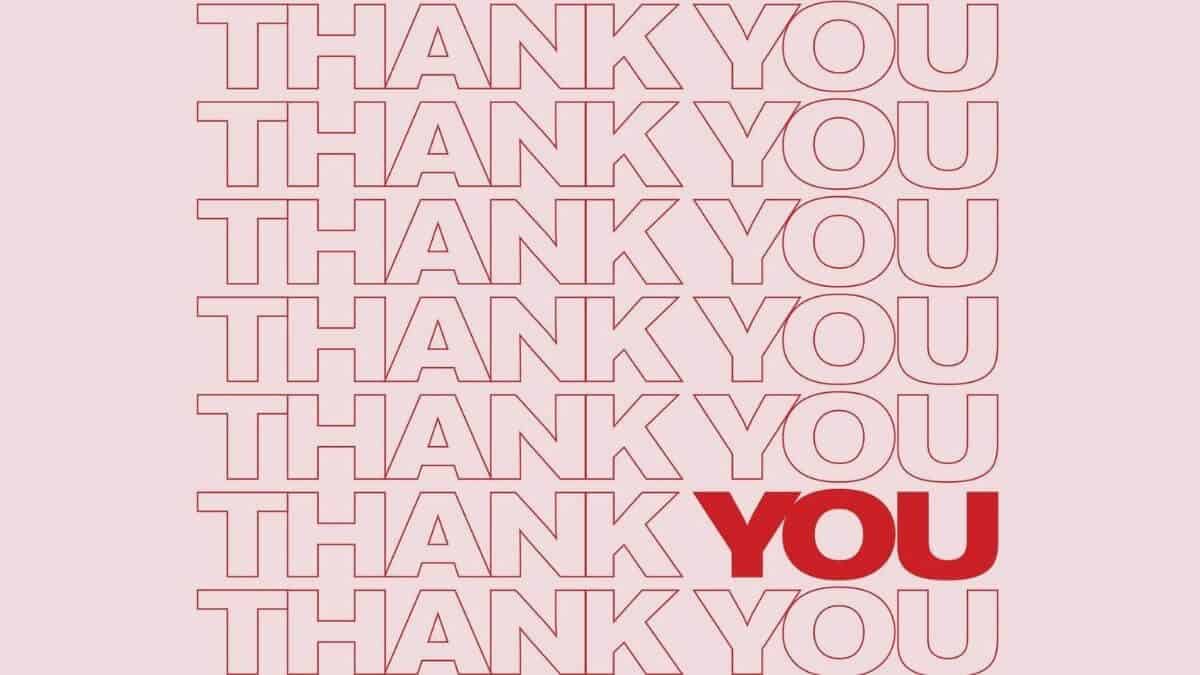



12 Expressions To Say Thank You In Spanish Tell Me In Spanish




Verb Conjugation Spanish 1 The Verb Grid Singular Pronounsplural Pronouns First Person Second Person Third Person I Yo You Informal Tu We Nosotros Nosotras Ppt Download
You'll learn some formal and informal ways to ask people how they are in this free German audio lesson We all like to make a good first impression, and feeling confident with some basic German will help you do just that And because you never know when you might need to say "I'm sorry" in German, we'll teach you that tooPrincipal Translations Inglés Español How are you doing?If you were wondering how to say a word or a phrase in Spanish, French, German, Italian, Chinese, Japanese or Russian, this site will help you to get the answer HowDoYouSayNet provides translations, pronunciation and other vocabulary help for words and phrases in some of the most popular languages of the world




Ser Or Estar The Two Kinds Of To Be In Spanish




How Do You Say Happy Birthday In Spanish Escuela De Idiomas Nerja
(vosotros Only boys or boys and girls Juan y JavierBien, gracias ¿Y tú, Ana?Do you want to be able to appropriately express your gratitude to people in Spanish?




Pin On Posters




The Differences Between Spanish In Spain And Latin America Speakeasy
(kohmoh bahn lahs kohsahs) (How are things going?) ¿Cómo está3 Have you been well?2 Comment ça va ?




Spanish Forms Of Address




Hi How Are You In Spanish Rosetta Stone
Today, we'd like to show you 7 common ways to say "how are you" in Italian (with a little bonus at the end) and explain when and how to use each variation so you can easily connect with people, start conversations in Italian and show how much you care (with a bonus at the end) 7 authentic ways to say "how are you" in Italian Asking how are you in Italian it's not just aInformal Greetings Departing Use these greetings when saying goodbye in an informal situation Nice seeing you!The way you ask this question isn't an exact translation, but you'll notice that with many phrases as you learn Korean Don't worry, we'll explain the nuances so you can understand how to properly use these Korean phrases As usual, we'll cover the formal, standard, and informal versions of the




Tu Vs Ud Lawless Spanish How To Say You In Spanish




How Are You In Spanish 8 Ways To Change Up This Greeting
Something special can happen when you talk about your feelings with others You just might fall in love when you open your heart and start talking about your feelings Don't let life and love pass you by, and learn how to say I love you in Spanish Please come and tell us how you are feeling in Spanish on our Visual Link Spanish Facebook pageLiterally what's going on?) (informal) ¿Cómo van las cosas?Expr expression Prepositional phrase, adverbial phrase, or other phrase or expressionfor example, behind the times, on your own informal (greeting) (informal) ¿cómo te va?




2 17 Ask Where Are You From Formal Vs Informal Live Lingua Spanish Podcast




40 Different Ways To Say How Are You In Spanish Real Life Vocabulary
In English You'll also like 28 Phrases to Feel Comfortable in English Conversations "How are you?" "I'm fine, thank you" DoTe trae por aquí( A phrase is a group of words commonly used together (eg once upon a time) a ¿Cómo estás hoy?



How To Greet And Ask How Someone How They Re Doing In Spanish Science Leadership Academy Center City




Como Estas Everyday Spanish Greetings You Can Use
How cómo be ser estar you túSpanish greetings and responses Of course, you can't expect to have some small talk without knowing some Spanish greetings One of the most popular words in Spanish is " hola " which means " hi " or " hello " You can also use the following Spanish expressions Buenos días —) This is the more formal version of the above Notice that "Dir," meaning "You" has changed to "Ihnen" This, unlike the version above, can be used for both – individuals and when addressing a group of people Wie geht es Ihnen?




Hello In Spanish Hola And 70 More Spanish Greetings For All Occasions
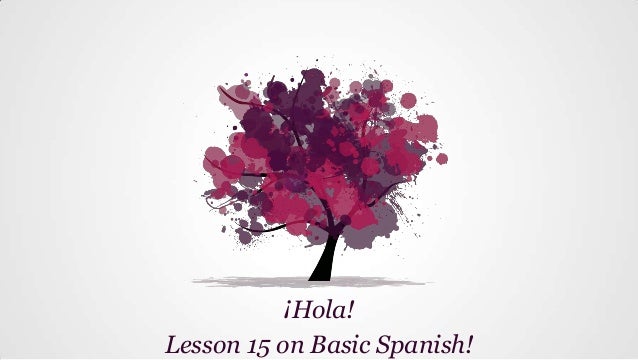



Basic Spanish Lesson 15 Learn To Express Time Today Tomorrow
Ça va Camille ?Plural, familiar (in Spain) ¿Cómo estáis hoy?Answer s Hi blossom Welcome to our forum There are several possible answers to your question Singular, polite ¿Cómo está




The Spanish Calendar Talking About Dates In Spanish




Mande Usted The Formal And Informal You Mexperience
If you'd like to ask the informal version of this question, then you say comment vastu ?Just as in English and other languages, there are informal ways to say How are you in Spanish These alternatives could be roughly translated as the equivalent to saying what's happening or what's up in English They're appropriate in casual social situations or when talking to people around your own age who you know fairly well,Today I'm going to show you some more creative ways to ask and answer How are you?
/two-people-greeting-each-other-5972ad04054ad90010d28f95.jpg)



Como Estas And Other Spanish Greetings




Don T Say De Nada 15 Ways To Say You Re Welcome In Spanish Spanish And Go
I hope all is well with you I hope this message finds you well I hope things are going well for you Here is an example of the beginning of a formal email written to a business associate Dear Anthony, I hope all is well I wanted to let you know that I'm going to be in Miami next week, and I'm hoping that we can find a time to meet(What's in the news today?) The daily events of the world always offer something new to talk about This question will likely help you learn some new vocabulary words and getHow are you cómo estás today noun, adverb hoy, hoy en día, hoy día how adverb, conjunction cómo,




Tu Vs Usted Vs Vos The Tricky Spanish Rules For You The Pimsleur Language Blog




Good Morning In Spanish And Other Useful Spanish Greetings And Phrases Fluenz Blog
You use "Va meglio?" it when you know someone was sick or had a problem and want to know if they're now doing better It can be used in a formal or friendly situationSingular, familiar ¿Cómo estás hoy?In this lesson, you will learn the topmost practical, idiomatic, casual, and colloqu




10 Informal Ways To Ask How Are You In Spanish Youtube




Spanish Lesson 4 Ways To Ask How Are You In Spanish Youtube
How are you An informal greeting, not requiring a literal response In form a question, and thus followed by a question mark Typical responses include I'm very well, thank you How are you?Use * for blank tiles (max 2) Advanced Search Advanced Search Use * for blank spaces Advanced Search Advanced Word Finder See Also in English how are you today?A word of phrase used to refer to the second person informal "tú" by their conjugation or implied context (eg How are you?) (informal) (singular) Hi Miles What brings you in today?




4 Ways To Say How Are You In Spanish Wikihow




Hello How Are You In Spanish Rosetta Stone
If you're a foreigner, chances are no one will criticize you for using the wrong form, although you may be politely corrected Muy bien, gracias — Very well, thank you — mweevyenn GRAHSSyahss Buenos días — Good day, good morning — BWEHnohss DEEahss — In some areas, a shortened form, buen día , is usedThe standard answer is probably Bien (Fine) or Muy bien (Very good) Of course, both of those responses are often expanded Muy bien, graciasTo say "My name is" in Spanish, say "Me llamo," pronounced "Meh yahmoh," followed by your name to mean "I'm called" Alternatively, simply say "Soy," before your name to mean "I am" In more formal




Learn Spanish Spanishpod101 Com 12 Useful Formal And Informal Greetings In Spanish Language Learning Learning Spanish Learning Spanish Vocabulary
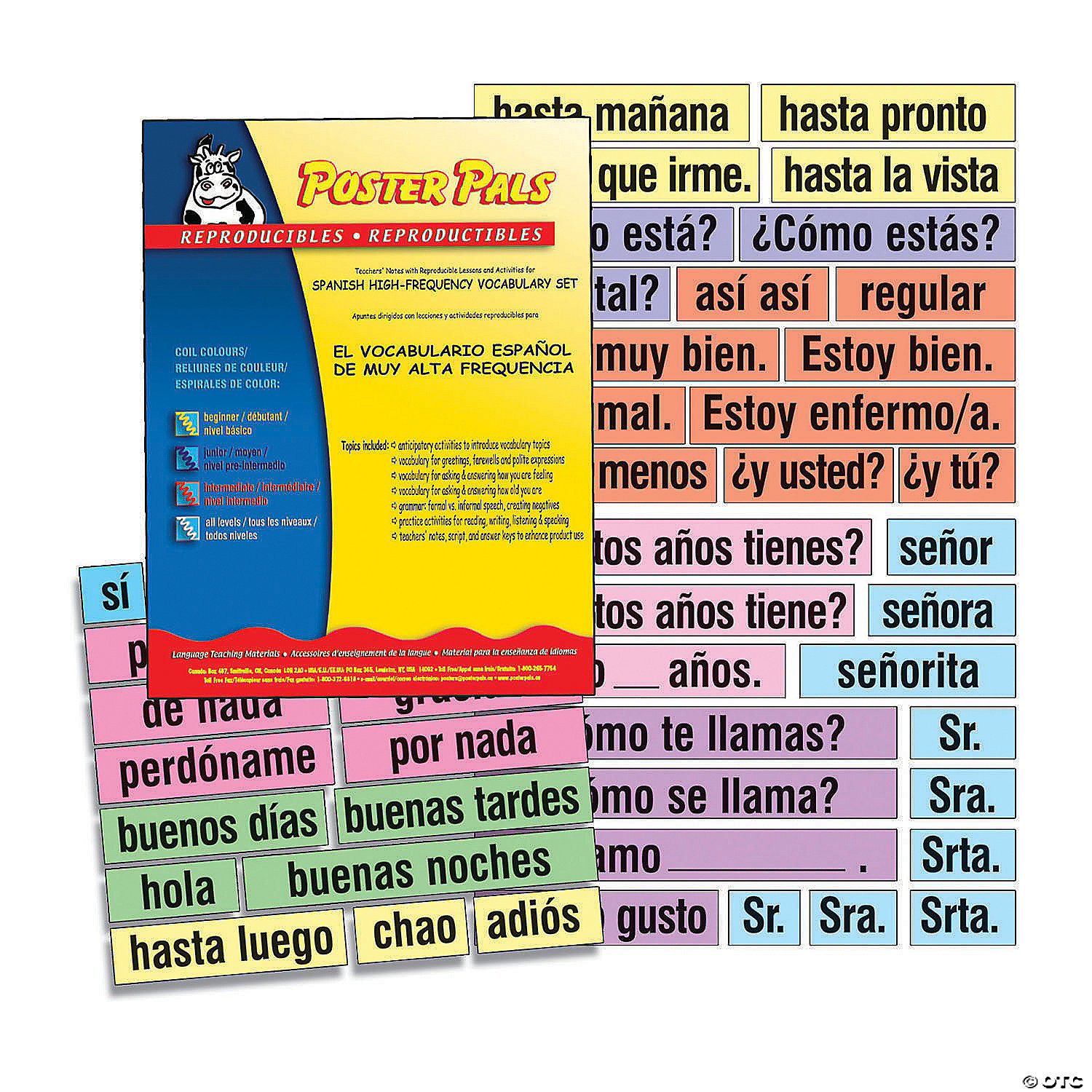



Spanish High Frequency Vocabulary Card Set Oriental Trading
Today, we'll show you the different ways to say "how are you?' in Korean!If you know the name and title of someone you are sending a formal email to, it is better to begin the conversation with "Dear Mr surname" instead of "Dear sir or madam" In rare cases, the person you are emailing might use a salutation which signifies their profession Doctors and academics who have a PhD sometimes use "Dr", and college professors sometimes useThis is the informal version for "how are you feeling?", and it's usually addressed to friends or family members You're simply referring to your friend, without making it formal in any way Va meglio?




Amazon Com Household Spanish Harvey William C Books




Write An Email In Spanish Like A Native Essential Vocab And Phrases
Fine, thanks And you, Ana?Or How are you??Typical responses to "how are you?" in Polish Dobrze = "good" W porządku = "all right" Tak sobie = "soso" Kiepsko / słabo = "bad" If you'd like to know how to say "hello" in Polish, take a look 7 Polish Greetings to Sound like a Native Speaker For ways to say "goodbye" in Polish, check out 7 Essential Polish Farewells




Tu Vs Usted Vs Vos The Tricky Spanish Rules For You The Pimsleur Language Blog




4 Ways To Say How Are You In Spanish Wikihow
Plural, polite/plural in rest of world ¿Cómo están hoy?2219You can use it in almost any situation And in addition to it meaning "how are you?" in the formal sense, it can also be used when asking a group of people It's handy in more than one situation!(How are you, Camille?) Oui, ça va bien, merci Et toi ?




Write An Email In Spanish Like A Native Essential Vocab And Phrases




Formal Vs Informal You Free Online Spanish Lessons
Informal Come here >당신 (Dangshin) = 'You' used in formal speech 너 (Neo)= 'You' used in informal speech 그저 그래 (Geujeogeurae) = soso;If you were wondering how to say a word or a phrase in Spanish, French, German, Italian, Chinese, Japanese or Russian, this site will help you to get the answer HowDoYouSayNet provides translations, pronunciation and other vocabulary help for words and phrases in some of the most popular languages of the world Spanish words for iPhone, iPad




40 Different Ways To Say How Are You In Spanish Real Life Vocabulary




How To Say I Don T Know In Spanish 33 Spanish Phrases For When You Re Unsure
1115Perhaps the most common form of greeting or salutation today Depending on context the person asking may be genuinely interested in hearing about the other person's wellbeing or health In many cases the greeting is said as a way to open a dialogue or bridge an embarrassing pause in the conversation With that said, it is often used as a means of polite introduction and can be quite formalFriendly or informal Juan/ Julia, ven aquí) Come here >Pasa en las noticias de hoy?




How To Say Sleep In Spanish



How To Say What Is Your Name In Spanish Quora




Area Of Use Of Word For Informal You Green Tu Blue Vos Orange Usted Spanish
/coffee-with-a-friend--1080016224-865c990c9012478bbc34e9ade664109d.jpg)



How Are You Today In Spanish Como Estas




Feeling Sick In Spanish How To Say It Hurts




Pin On Feeling Words
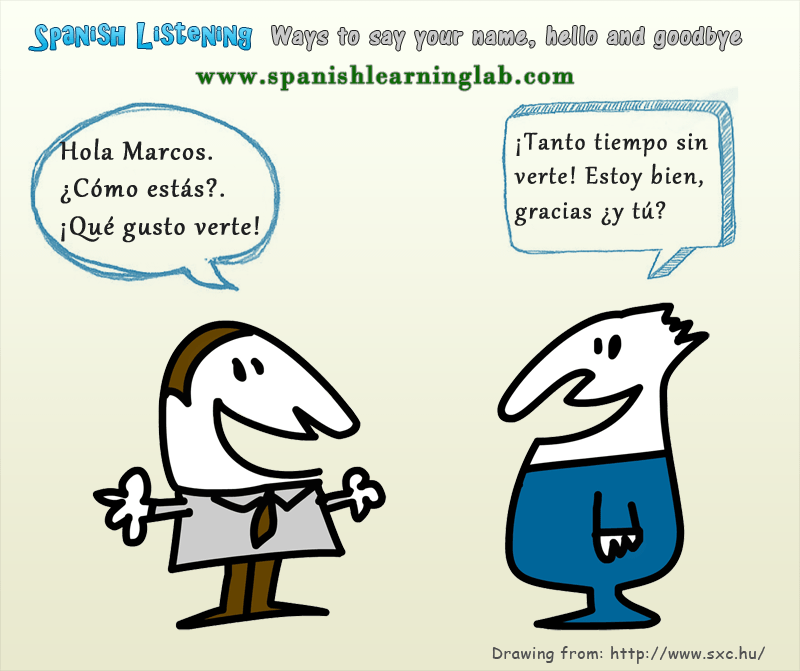



Spanish Greetings And Introductions Conversations And Practice Spanishlearninglab




30 Spanish Slang Words And Phrases To Master Take Lessons




4 Ways To Say How Are You In Spanish Wikihow




Do You Need Help In Spanish Rosetta Stone




4 Ways To Say How Are You In Spanish Wikihow




Workplace Spanish Formal Vs Informal Which One Should You Use




What Is Your Name In Spanish Informal Singular Tu Spanish Names What Is Your Name Names




10 Informal Ways To Ask How Are You In Spanish Youtube
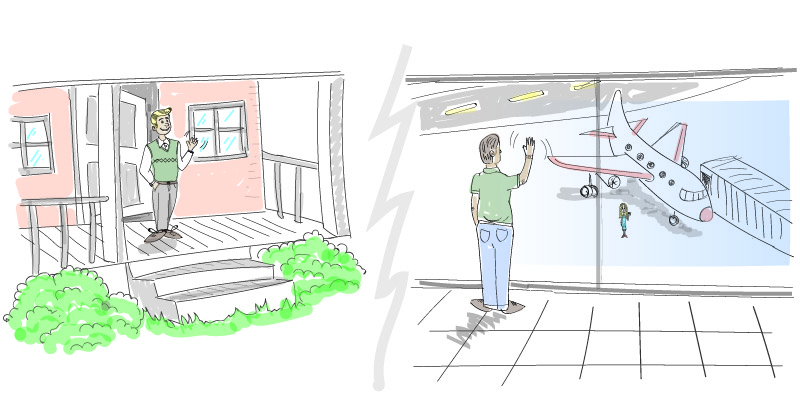



Spanish Greetings Goodbyes The Ultimate Phrasebook For Beginners




Colombian Slang Phrases Your Teacher Doesn T Want You To Know




Spanish Word Of The Day Guay The Local




Como Estas Everyday Spanish Greetings You Can Use




The Spanish Calendar Talking About Dates In Spanish




The Spanish Calendar Talking About Dates In Spanish
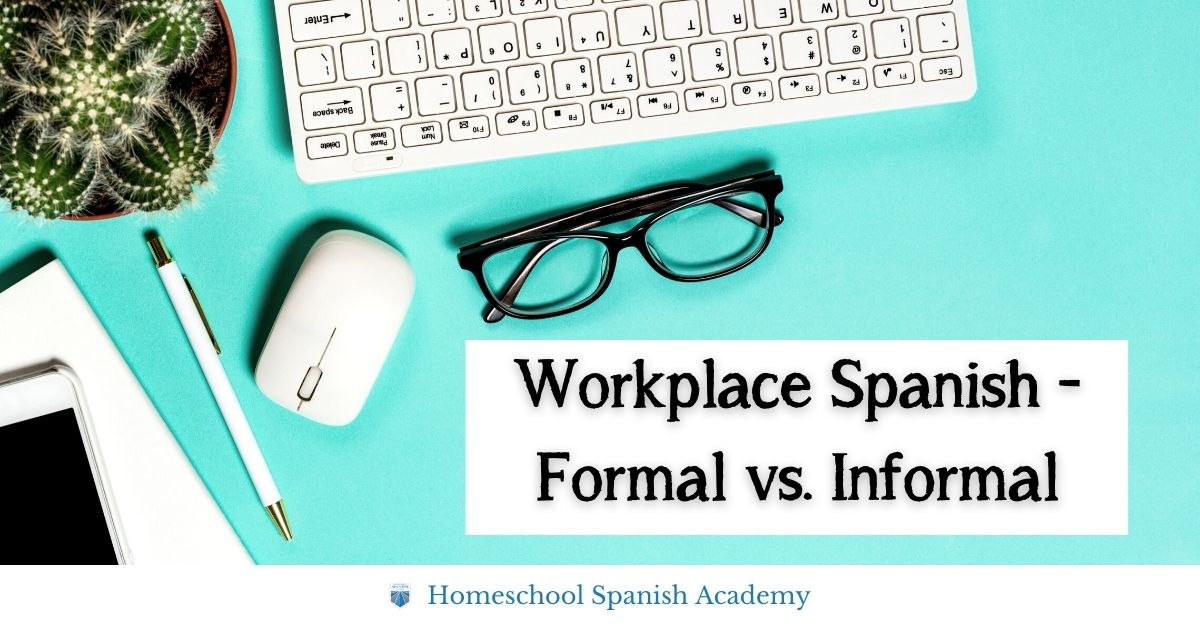



Workplace Spanish Formal Vs Informal Which One Should You Use




40 Different Ways To Say How Are You In Spanish Real Life Vocabulary




Spanish Lesson 4 Ways To Ask How Are You In Spanish Youtube




Ways To Say Good Morning In Spanish With Examples Myenglishteacher Eu Blog




Common Ways To Say Have A Nice Day In Spanish Spanishdict




Pin On Spanish Class




4 Ways To Say How Are You In Spanish Wikihow




Learn Spanish The Fast Easy Fun Way Babbel




Informal Commands Exit Slips Spanish Tu Commands By Educando Entre Mundos




The Spanish Calendar Talking About Dates In Spanish




Basic Greetings In Spanish Greeting Others Introducing Yourself Video Lesson Transcript Study Com
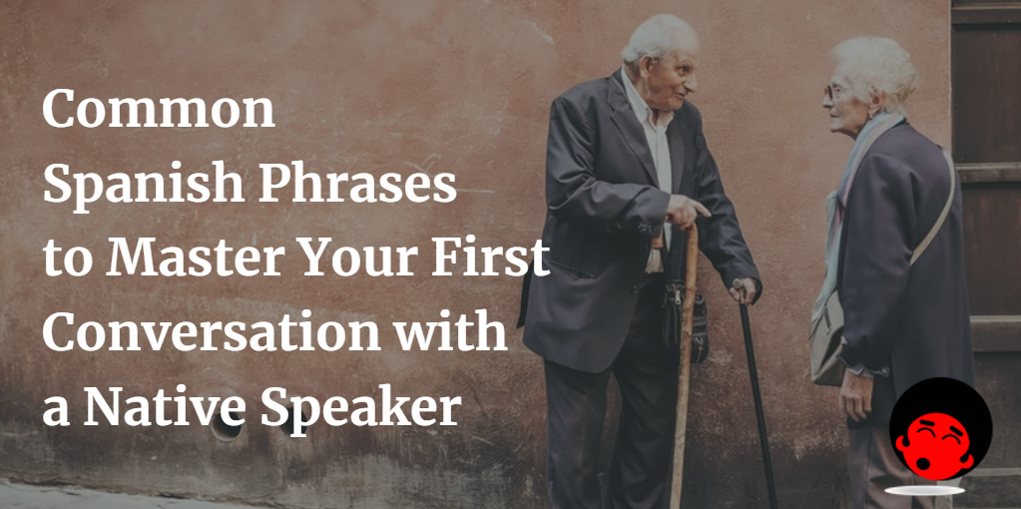



Common Spanish Phrases To Master Your First Conversation With A Native Speaker The Mimic Method




How Are You In Spanish 8 Ways To Change Up This Greeting




Amazon Com Household Spanish Harvey William C Books
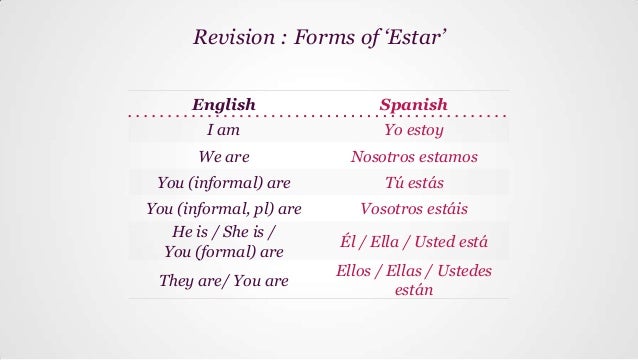



Basic Spanish Lesson 15 Learn To Express Time Today Tomorrow




Formal Vs Informal You Free Online Spanish Lessons




18 Useful Spanish Greetings For Spanish Learner




Dimelo Ya Informal Formal Commands In Spanish




Workplace Spanish Formal Vs Informal Which One Should You Use




Como Estas Everyday Spanish Greetings You Can Use




How Are You Today In Spanish Rosetta Stone




How To Say How Are You Today In Spanish Quora




How Are You Doing In Spanish English To Spanish Translation Spanishdict




Spanish Informal Commands Puzzle By The Engaged Spanish Classroom




7 Basic Spanish Conversations Greetings Farewells Formal Informal Questions
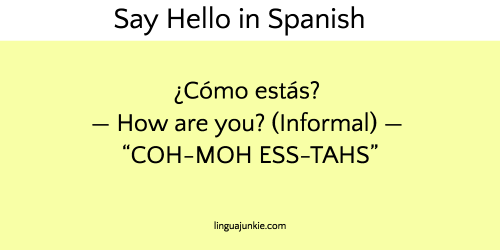



10 Ways To Say Hello In Spanish Listen To The Audio
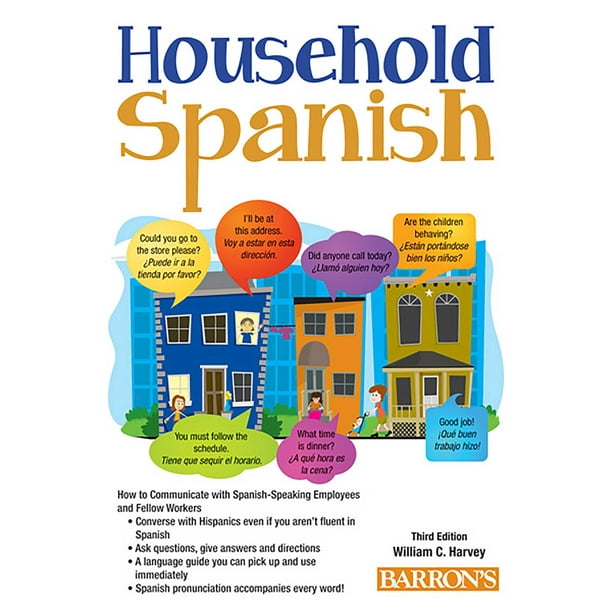



Household Spanish How To Communicate With Your Spanish Employees Walmart Com Walmart Com




Spanish Weather Vocabulary The Ultimate Icebreaker




Learn Spanish The Fast Easy Fun Way Babbel




Spanish Letter Writing Formal And Informal Forms Youtube



0 件のコメント:
コメントを投稿